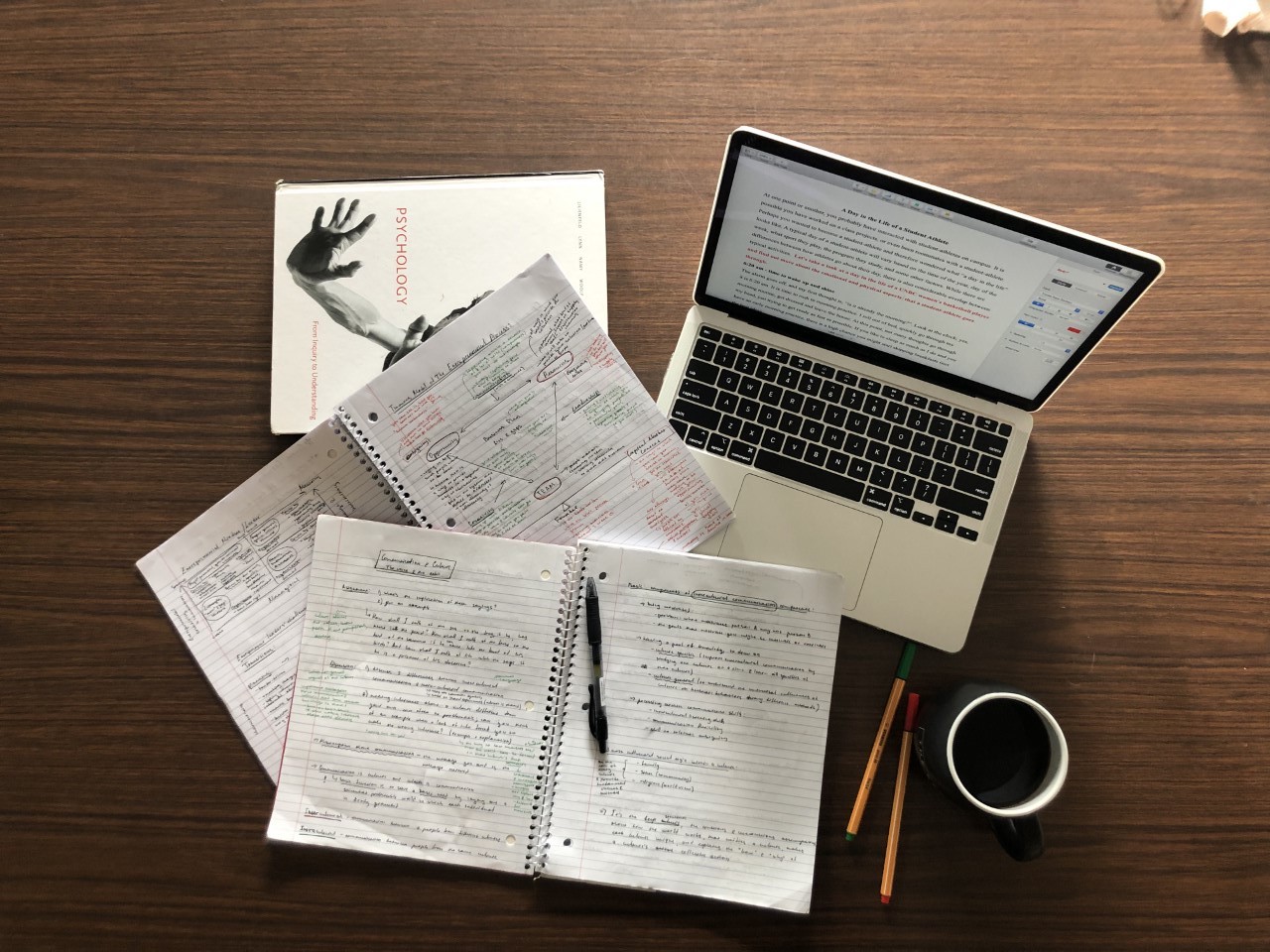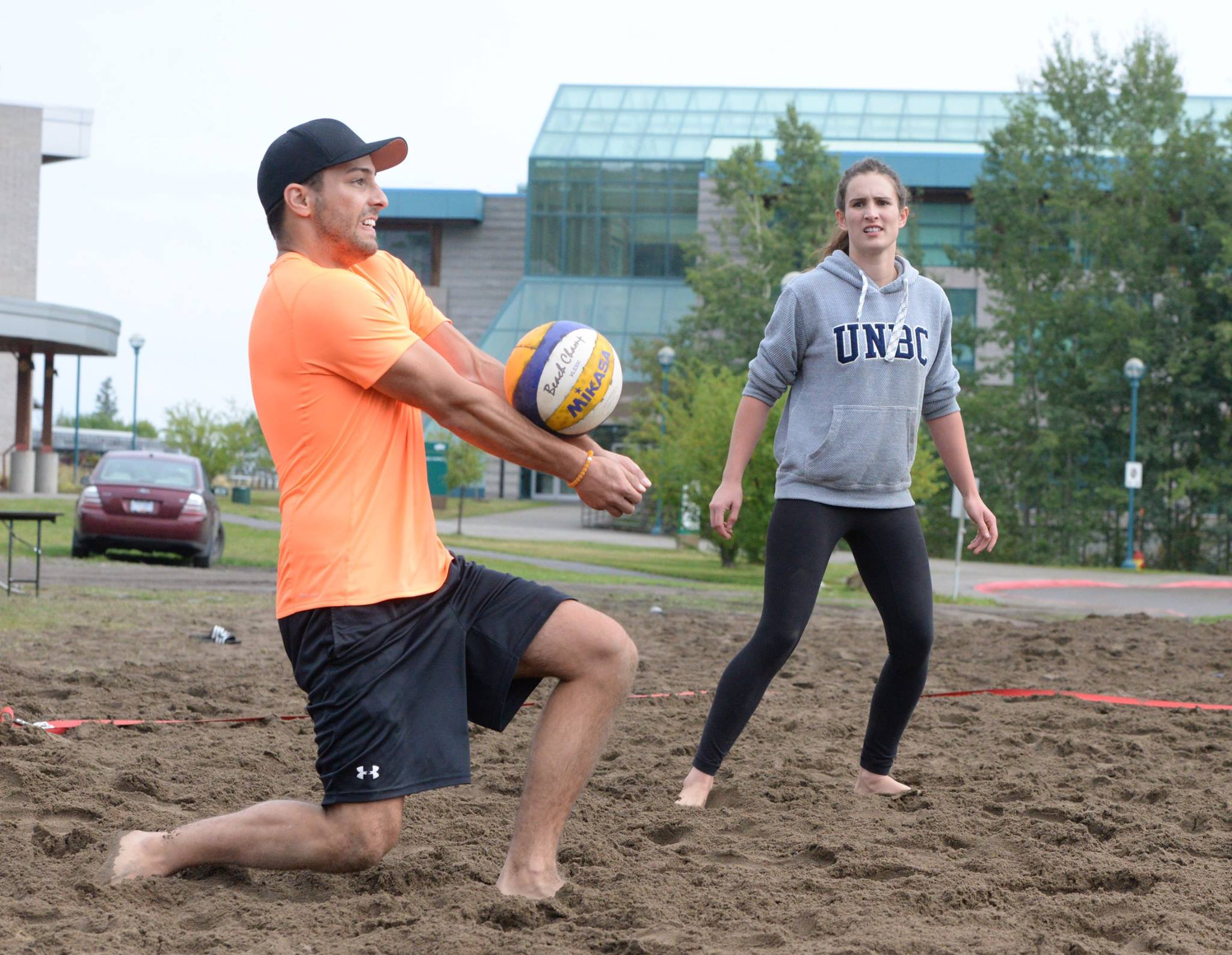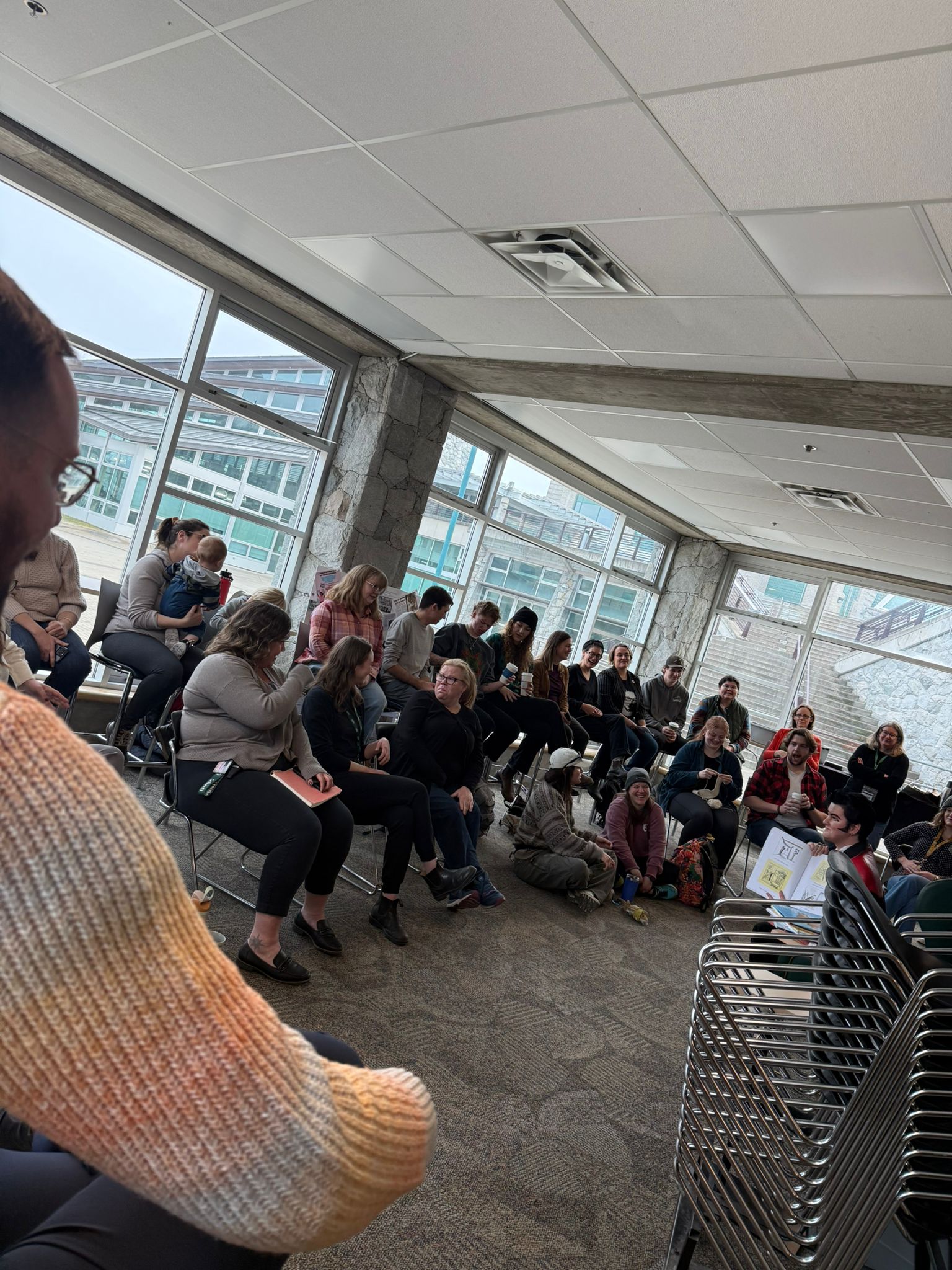Mid-semester, or often called the “midterm period,” is one of the most challenging and stressful times of the semester. It seems like endless assignments, midterms, fighting procrastination, pre-exam anxiety, and no free time for yourself attack you all at the same time. Unfortunately, there is no magical solution to all these problems. However, as a psychology student, I learned multiple tricks in my classes that can help students get better at studying and fight procrastination! Here are some of the most valuable studying tips you should try, no matter if it is your first or last year at school:
3R method.
The three Rs stand for reading, reciting, and reviewing. Engaging in so-called active learning is highly beneficial because it will help you absorb and understand new information. To practice this method, after reading new material, answer those questions at the end of each chapter or do quizzes from a study guide or Quizlet. Doing such mini-tests will help you recognize what essential pieces you have missed and what material you should review. Then, in a couple of days, do not forget to return to your notes and review what you learned. Reviewing previous chapters is especially beneficial if you take courses where you learn a lot of new information.
I know you probably have heard about this method multiple times from your professors, but how many times have you tried it? Now, it is time to give it a try and see how much it will help you! Yes, this study method might sound annoying, but from personal experience, I can say that those quizzes helped me a ton, especially to prepare for the midterms!
What to do if you do not like your class or it is boring?
If you find one of your classes very boring, do not worry, there is a way to change it! The way to do it is to get more involved in this class. I know it sounds nonsense, but you need to try it! Spending more time learning the material and getting better grades should increase your interest in this class. It will be hard initially, but who knows, you might fall in love with that economics or physics course (or any other class) by the end of the semester!
Procrastinating? Try the just-get-started (JGS) tactic.
Sometimes all it takes is just to get started. I bet there were times when it was very tough to force yourself to study. The next time you face this challenge, try the JGS tactic. First, you need to set a small and easily achievable goal, such as studying for 15 minutes or writing a paragraph of your essay. The key idea here is that after accomplishing this simple goal, you have an option to stop studying. Believe it or not, after doing a little bit of work, you will get into the “study” mood, and it will be easier to continue studying.
How to come back to studying after a short break?
Sometimes it can be hard to return to studying after a short break, especially if you did something really fun during that break. To avoid the struggle of coming back to studying, do less exciting activities, such as preparing a meal during your small breaks. You might choose to do the chores you dislike. This way, studying will seem more exciting than doing the errands, and you will gladly return to studying!
Choose a study area that is right for you.
Psychologists found that extroverts and introverts prefer different environments for studying (Standing & Moxness, 2013)*. While extroverts usually do not mind working in busy and somewhat loud locations, introverts prefer to work in quiet places. Take this fact into account the next time you choose your study space. Thus, for example, an introvert might like to study on the library’s third floor, and an extrovert might choose to study on the first floor of the library or in the winter garden. However, remember that all people study better with fewer distractions, so a pub will not be the best place for learning even if you are an extrovert.
Make studying a pleasant experience.
For some students studying is associated with negative emotions and feels like torture. If this is the case for you, one way to change it is by making learning a more enjoyable experience. Try to find a pleasant environment for learning. For example, find a place where you enjoy being, but make sure it is not distracting. You might also want to bring a favourite treat that will help you to concentrate on studying. In addition, being in a good and relaxed mood will help you enjoy studying a little bit more.
Share what you’re learning!
Once, one of my professors suggested that we share information that we had just learned with someone. While first, I questioned why I would do it, later, I recognized the benefits of doing so. At the end of the day, there should be a reason why so many teachers encourage in-class discussions. This activity is beneficial because it helps to remember the information and wrap our brain around it. So when you learn a new concept, talk about it with your family or friends. As my professor suggested, if you think nobody wants to hear about what you just learned, you can always just tell your cat or dog. Have fun with that!
Although some of these tips and tactics might sound cliche, you still should give them a chance. None of them require extra effort, but they can significantly improve your study habits and help you achieve better grades!





